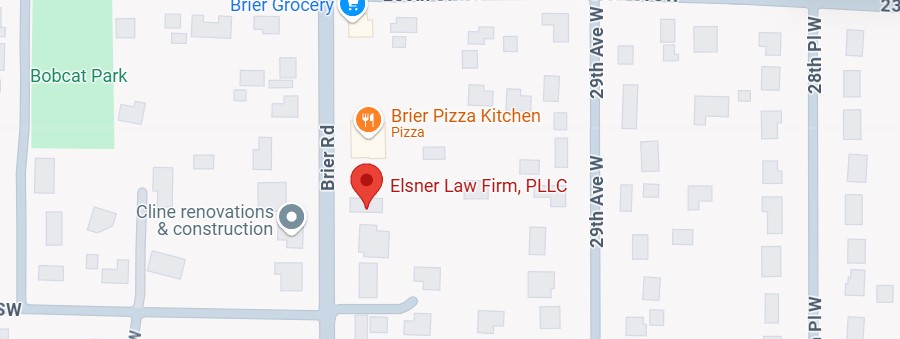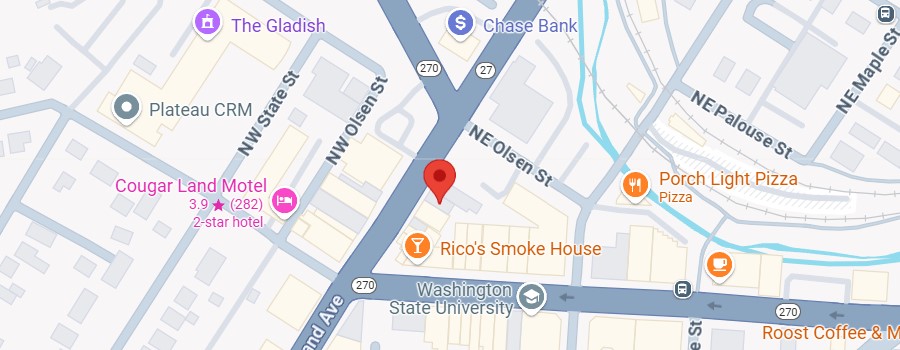Washington’s Comparative Fault Law: What You Should Know
When you are involved in a motor vehicle accident may be asking yourself, who is responsible? Personal injury cases have many components, and state laws can affect your claim. No-Fault State Laws and Comparative State Laws can impact a personal injury cases in different ways.
No-Fault State Laws
Twelve states in the U.S. have no-fault auto insurance laws. Florida, Hawaii, Kansas, Kentucky, Massachusetts, Michigan, Minnesota, New Jersey, New York, North Dakota, Pennsylvania, and Utah each have a variation of these laws. When a person in these states purchase no-fault insurance from their provider, your coverage will pay a portion or all of your lost earnings, damages and medical bills if you are involved in an automobile accident regardless of fault.
In Kentucky, New Jersey and Pennsylvania drivers have the option to opt-out of this personal injury protection (PIP) insurance if they choose to. While this type of insurance coverage is costly, it does provide drivers with peace of mind because you do not have to worry if the other vehicle has insurance when involved in an accident.
Comparative Negligence State Laws
Washington falls under comparative states laws when it comes to personal injury cases. Unlike no-fault state laws, the person responsible for the accident will affect your claim. For example, if you were in a crash and it was determined you were 70 percent liable for the accident, you could still file a claim for 30 percent of your damages. This differs from modified comparative negligence states because there is a threshold for fault that is 50 or 51 percent depending on the specific state laws.
So you may be wondering how negligence is determined between the drivers involved in the accident. Negligence is defined as the failure to provide reasonable care to prevent harm. An example of this while driving could be falling to stop at a stoplight, texting while driving, or even speeding.
Assistance With Proving Negligence
After an accident, you may be at a loss for what to do next. The other driver and their insurance company will likely try to pass some of the blame onto you, even if the accident was not your fault. This is where it is beneficial to hire a personal injury lawyer. Your lawyer will work to protect your case and help prove negligence. Instead of having to speak with the other insurance company, a personal injury lawyer will use their expertise to negotiate terms that are in your best interest.
Personal injury cases can be confusing, so it is essential to have an expert on your side. Many people who think they can handle their personal injury claim on their own fall victim to these common mistakes, potentially missing out on the compensation they deserve.
The experts at Elsner Law Firm have the expertise to handle personal injury cases ranges from car accidents to truck and bus accidents. Contact them today for a free case evaluation and discover the benefits a personal injury lawyer can bring to your case.





